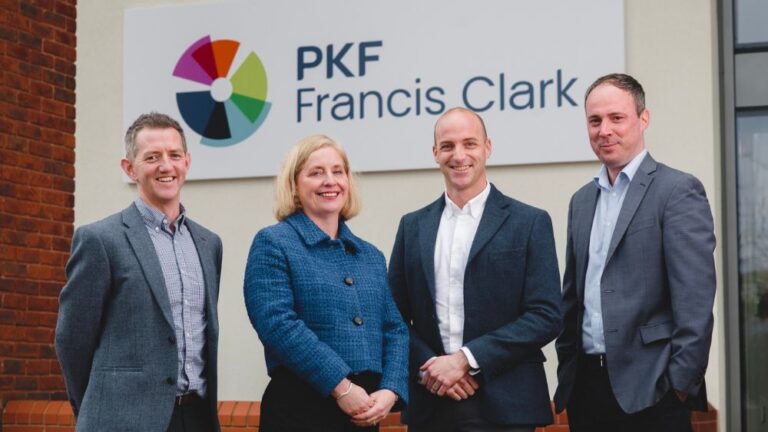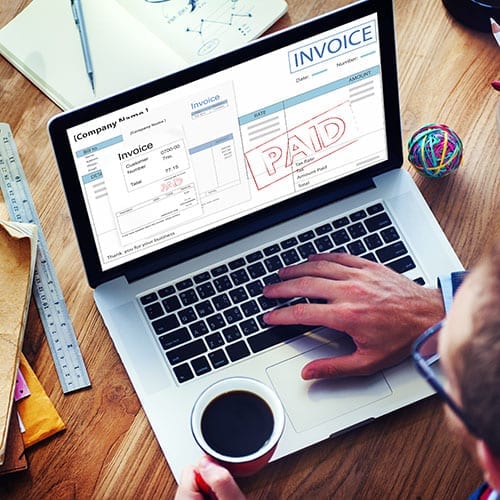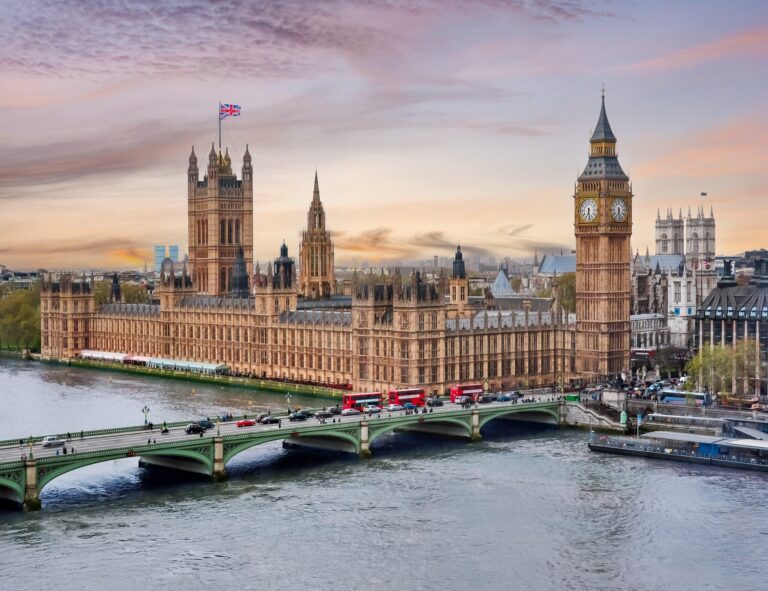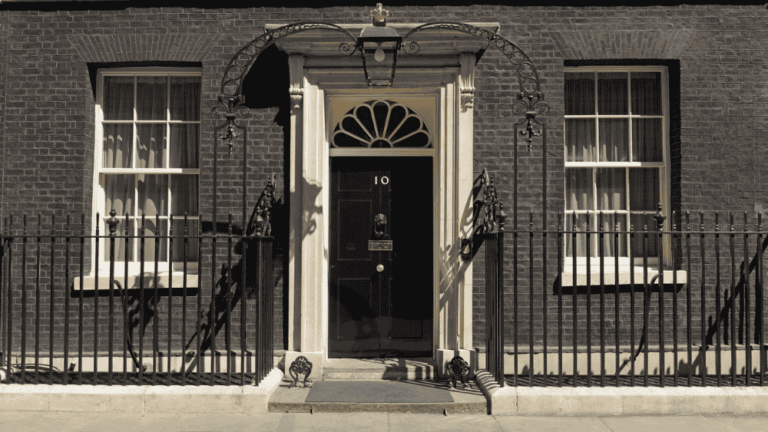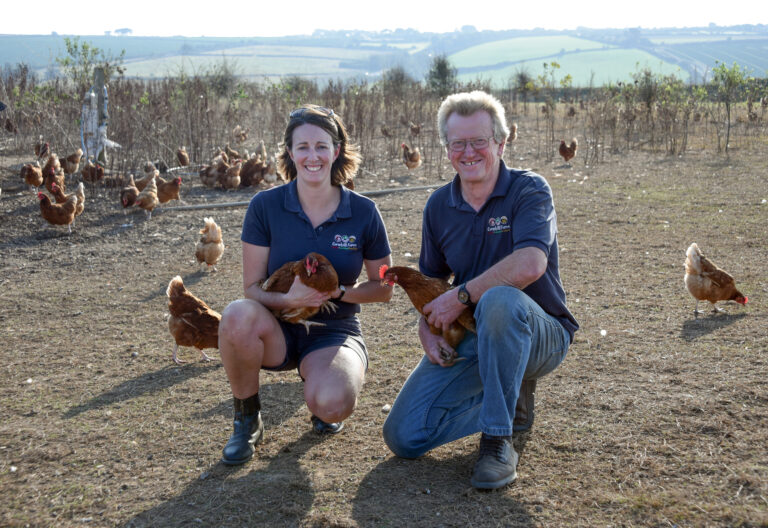
Brexit considerations overview
With recent guidance and clarification from the government and with little time left before the end of the transition period we have compiled various factsheets and FAQs. This overview explains the basics and points you to other relevant factsheets which should enable you to gain a good understanding of the requirements and changes relevant to your business. Our 18 strong Indirect Tax team have a wealth of experience in preparing for Brexit and have been providing advice and training to businesses over the last few years.
1. Where are we now?
The UK is in the Transition Period (TP) until 31 December 2020, having left the EU on 31 January 2020. It is no longer a Member State.
During the TP we remain part of the Single Market and the Customs Union, as a result there has been no change to the way businesses operate. This will change from 1 January 2021 and businesses must get to grips with the issues they will face.
Negotiations with the EU are still ongoing, but even if there is a Free Trade Agreement (FTA), there is still going to be a customs border, so businesses will need to understand the practical aspects in relation to documentation and processes regardless of whether tariffs are charged or not.
2. VAT and Duty implications of Brexit
Pre 1 January 2021
For goods sent from the UK to the EU (Dispatches)
No duty is payable on arrival of the goods into the EU. Sales to EU VAT registered customers are zero rated for VAT if conditions are met and those sales are reported on an EC Sales List. If a significant amount of goods are sold (£250,000 / y) Intrastats declarations (Dispatches) will also be required.
For goods received in the UK from the EU (Arrivals)
No duty is payable on arrival of the goods into the UK. Acquisition VAT is accounted for on the return and in most cases reclaimed on the same return with no cashflow impact. If a significant amount of goods are purchased (£1,500,000 / y) Intrastat declarations (Arrivals) will also be required.
EU Simplifications
In order to promote trade within the EU and to be in line with the single market principle, EU member states have special rules that allow supplies to be made with each other without the requirement for regulatory controls or having to register in many of the different countries. We have listed the main ones below:
• A distance selling threshold – allowing businesses to sell goods to consumers in other EU countries without having to register and account for VAT overseas
• The triangulation simplification – allowing businesses to purchase goods from one Member State and sell to another Member State with the goods delivered directly to the end customer without the need to register and account for VAT overseas
• Call off stock/Reverse charges – allowing businesses to hold stock overseas and VAT to be accounted for by the customer at the time of sale, rather than the requirement to register and account for local VAT
• Tour Operators Margin Scheme (TOMS) – a simplification that allows travel and accommodation in various EU Member States to be provided with VAT accounted for in the UK under a single VAT registration
• Common standards (food, etc.) – There are very few additional controls, certificates of pre-notification requirements to move controlled goods such as food. As standards are harmonised throughout the EU
• EU registrations/representation – If an EU VAT registration is required it is a rare requirement to appoint a local representative overseas, so will keep costs down
• EU Refund claims – Qualifying EU VAT claims can be made on HMRC’s portal rather than having to apply to each individual country
Post 1 January 2021
Dispatches become exports
• Sales of goods may still qualify for VAT at 0% provided conditions are met
• Export declarations must be made
• Duty may be payable on arrival of the goods into the EU at the EU rate
Arrivals become imports
• VAT must either be paid at port or may be accounted for on the VAT return under postponed import VAT in the UK (similar to acquisition tax)
• Import declarations must be made
• Arrival Intrastat declarations must still be completed if the limit is exceeded
• Duty may be payable on arrival of the goods into the UK at the UK rate
Loss of Simplifications
• EU registrations/representation – multiple registrations may be required which will increase compliance costs especially where local representatives are required
• Movement of controlled goods – becomes much more onerous, extra costs in obtaining licences and certificates and time delays when pre-notification is required
3. What things do I really need to know?
Incoterms®
What they are and what’s been agreed with customers and suppliers
Classification
How to pick the right code for your items, determines the duty rates and other obligations
Valuation
Understand the difference between VAT value and Duty value
Supply chains
Determine the place of supply and where you will have registration and compliance obligations
Origin/Preference
To understand if you or your customers can pay less duty under FTAs
Procedures available
Is there a way to suspend or avoid duty charges?
Deferment accounts, postponed import VAT accounting
To improve cashflow and save charges



